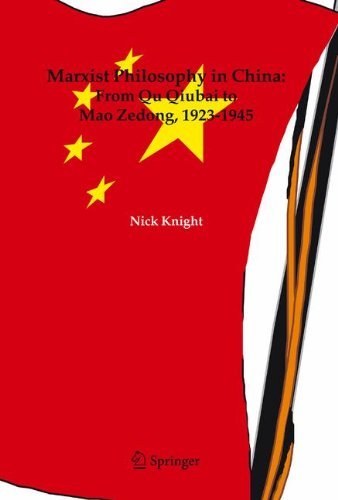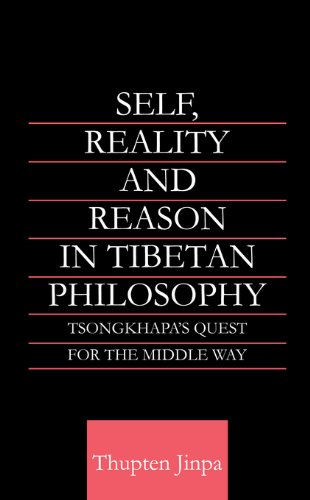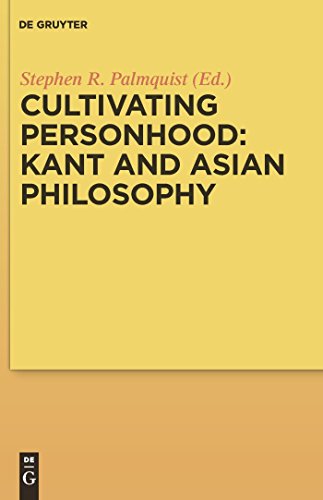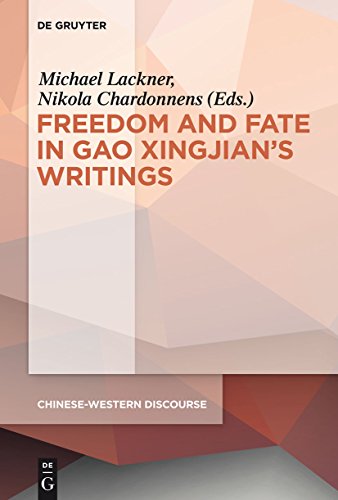
By Nick Knight
Read or Download Marxist Philosophy in China : From Qu Qiubai to Mao Zedong, 1923-1945 PDF
Best religious & spiritual eastern philosophy books
The Bioethics of Regenerative Medicine: 102 (Philosophy and Medicine)
Regenerative medication is wealthy with promethean provides. using human embryonic stem cells in examine is justified by means of its advocates when it comes to provides to remedy quite a lot of ailments and disabilities, from Alzheimer’s and Parkinsonism to the result of center assaults and spinal twine accidents. extra generally, there's the promethean attract of having the ability to revamp human organic nature by way of the targets and matters of people.
The paintings explores the ancient and highbrow context of Tsongkhapa's philosophy and addresses the severe concerns regarding questions of improvement and originality in Tsongkhapa's concept. It additionally bargains generally with certainly one of Tsongkhapa's basic matters, particularly his makes an attempt to illustrate that the center approach philosophy's deconstructive research doesn't negate the truth of the typical international.
Cultivating Personhood: Kant and Asian Philosophy
Authors from worldwide unite as a way to domesticate discussion among Asian and Western philosophy. The papers forge a brand new, East-West comparative course commonly variety of concerns in Kant stories. the concept that of personhood, the most important for either traditions, serves as a springboard to handle matters corresponding to wisdom acquisition and schooling, ethics and self-identity, religious/political group development, and cross-cultural knowing.
Polyphony Embodied - Freedom and Fate in Gao Xingjian’s Writings (Chinese-Western Discourse)
Like artists, very important writers defy unequivocal interpretations. Gao Xingjian, winner of the Nobel Prize in literature, is a sophisticated author, deeply rooted within the chinese language earlier whereas prompted by means of paragons of Western modernity. the current quantity brings jointly for the 1st time a suite of essays at the subject matters of freedom and destiny within the artistic works of Gao Xingjian.
- Pájaros y luciérnagas: Pensamientos y aforismos (Spanish Edition)
- Der Zauber Indiens: Aus dem Leben eines Sufi (German Edition)
- The Mind of Mencius: Political Economy Founded Upon Moral Philosophy: Volume 59 (Trubner's Oriental Series)
- Chinese Philosophy: A Selective and Analytic Approach
- Universal Freedom: Advaita Vedanta in the Life Practice of the 21st Century
Additional resources for Marxist Philosophy in China : From Qu Qiubai to Mao Zedong, 1923-1945
Example text


